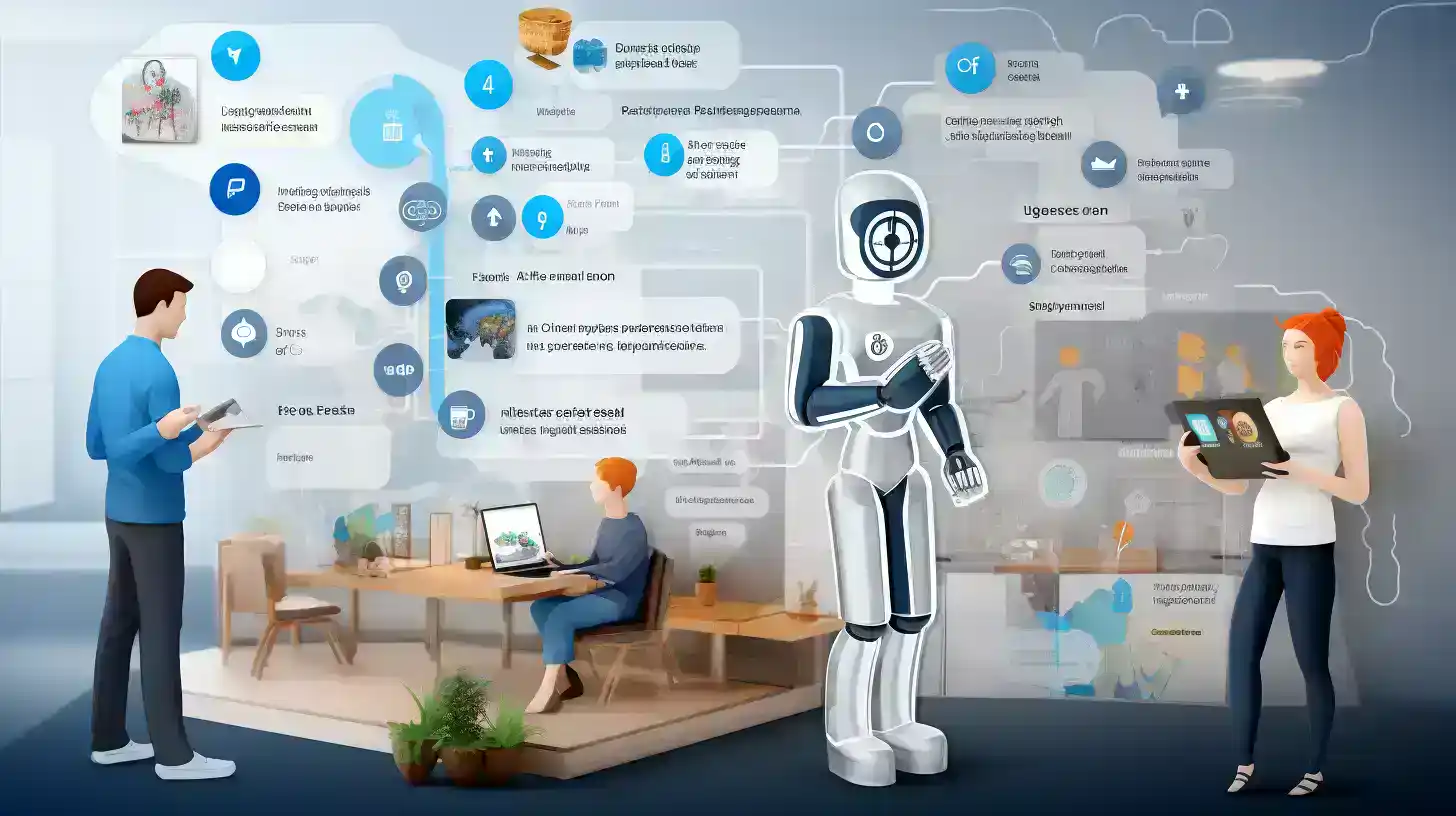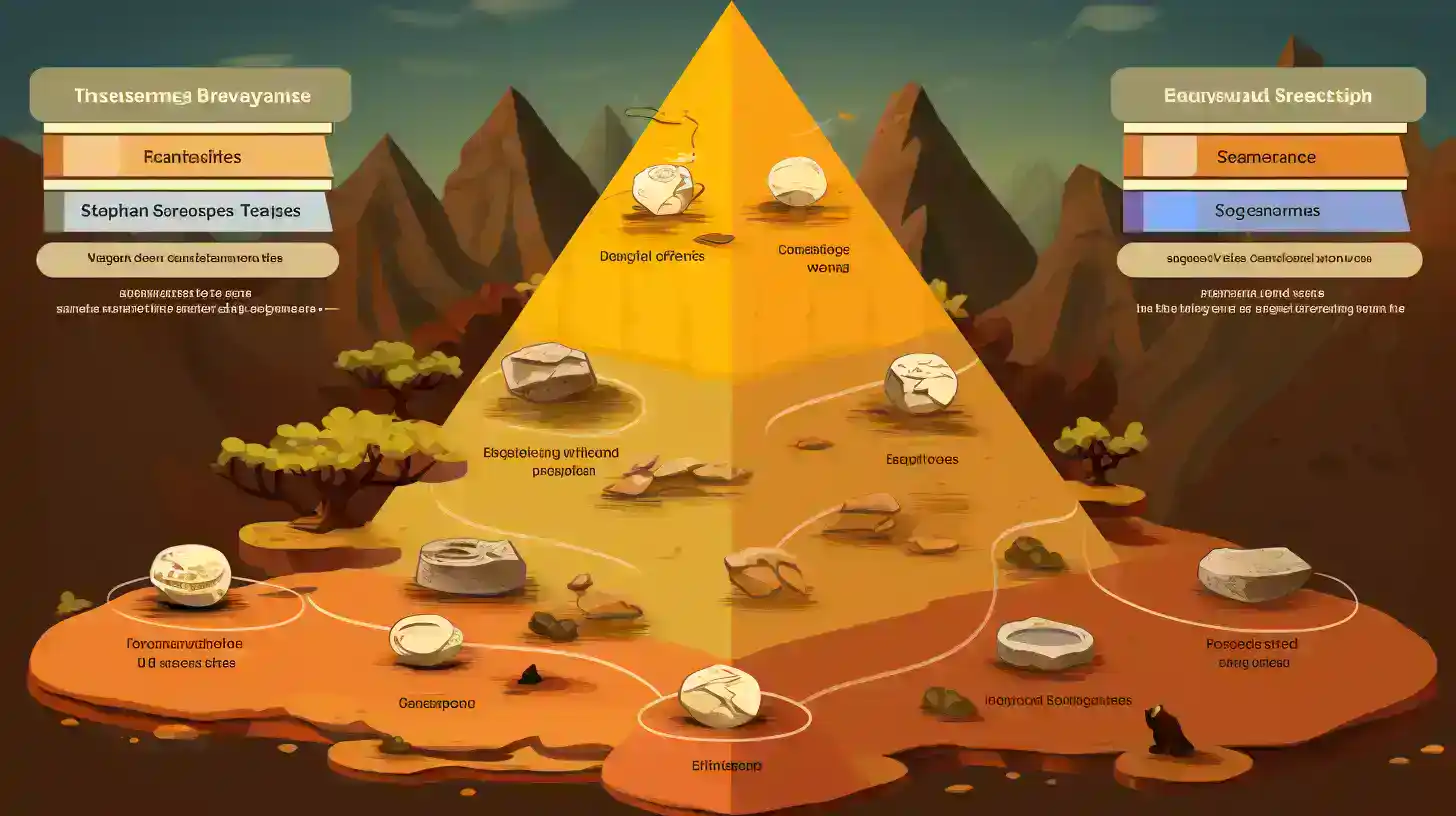Table of Contents
OpenAI GPT Store, the world’s leading AI research organization, has recently announced a new venture that aims to distribute the benefits of its language model technology to other businesses. The venture is called the GPT Store, and it offers a platform for developers to create and sell specialized chatbots powered by OpenAI’s GPT-3, the most advanced natural language processing system in the world.
Diverse Offerings: Exploring Chatbots Across Various Domains
The GPT Store is available to OpenAI’s enterprise customers and anyone who pays $20 a month to use ChatGPT Plus, a premium version of OpenAI’s popular chatbot service. The store features a variety of chatbots in different domains, such as research, education, design, entertainment, and more.
Users can interact with these chatbots via text or voice, and get personalized responses based on their queries. For example, one can ask the AllTrails chatbot for running routes in their area, the Coloring Book Hero chatbot for pictures of their favorite characters, or the Books chatbot for recommendations of novels based on their preferences.

According to OpenAI, developers have already created more than 3 million chatbots for the OpenAI GPT Store, making it a thriving marketplace for AI applications. The Atlantic has dubbed this as ChatGPT’s “FarmVille Moment”, referring to the popular Facebook game that sparked the social network’s platform expansion in 2007.
However, the OpenAI GPT Store also has a darker side that resembles Facebook’s controversial business model: it relies on user engagement to generate revenue.
Ethical Dilemma: The Pitfalls of an Engagement-Driven Payment Model
OpenAI GPT Store has said that developers will be paid based on how much users engage with their chatbots, meaning that the more popular, engaging, and potentially addictive a chatbot is, the more money its creator can make. The company has not disclosed the details of how this payment system will work, but it plans to do so in the first quarter of 2024.
While this may seem like a fair and lucrative way to reward developers for their work, it also raises some serious ethical and social concerns.
The problem with an engagement-based revenue model is that it incentivizes content that captures and manipulates people’s attention, often at the expense of quality, accuracy, and diversity. This is a well-known issue in the online economy, where companies like Facebook, YouTube, TikTok, and many news sites use engagement as their primary metric for paying or charging third parties.
This has led to the proliferation of content that is sensational, controversial, misleading, or divisive, as well as the creation of echo chambers, filter bubbles, and conspiracy groups.

Challenges in Enforcing Ethical Boundaries in the OpenAI GPT Store
The OpenAI GPT Store is not immune to these pitfalls, as it also encourages developers to create chatbots that keep users hooked for longer, regardless of the value or harm they may provide. For instance, many developers have already submitted “girlfriend” chatbots to the store, which offer users relationship advice or friendly conversation.
However, OpenAI prohibits developers from creating chatbots that foster “romantic companionship”, as this could violate the privacy and dignity of users and chatbots alike. Yet, with millions of chatbots to monitor and more to come, it will be difficult for OpenAI to enforce this rule and prevent abuse.
OpenAI is opening a Pandora’s Box of potential side effects with its OpenAI GPT Store, as it adopts a business model that has already reshaped human behavior in undesirable ways. Social media companies have often failed to regulate their platforms and curb the negative impacts of their algorithms, which subtly encourage toxic activity.
OpenAI can set itself apart from its predecessors if it can uphold its ethical standards and ensure that its chatbots are beneficial and respectful to all of humanity. That would be a welcome change, but it will be a tough challenge to overcome.